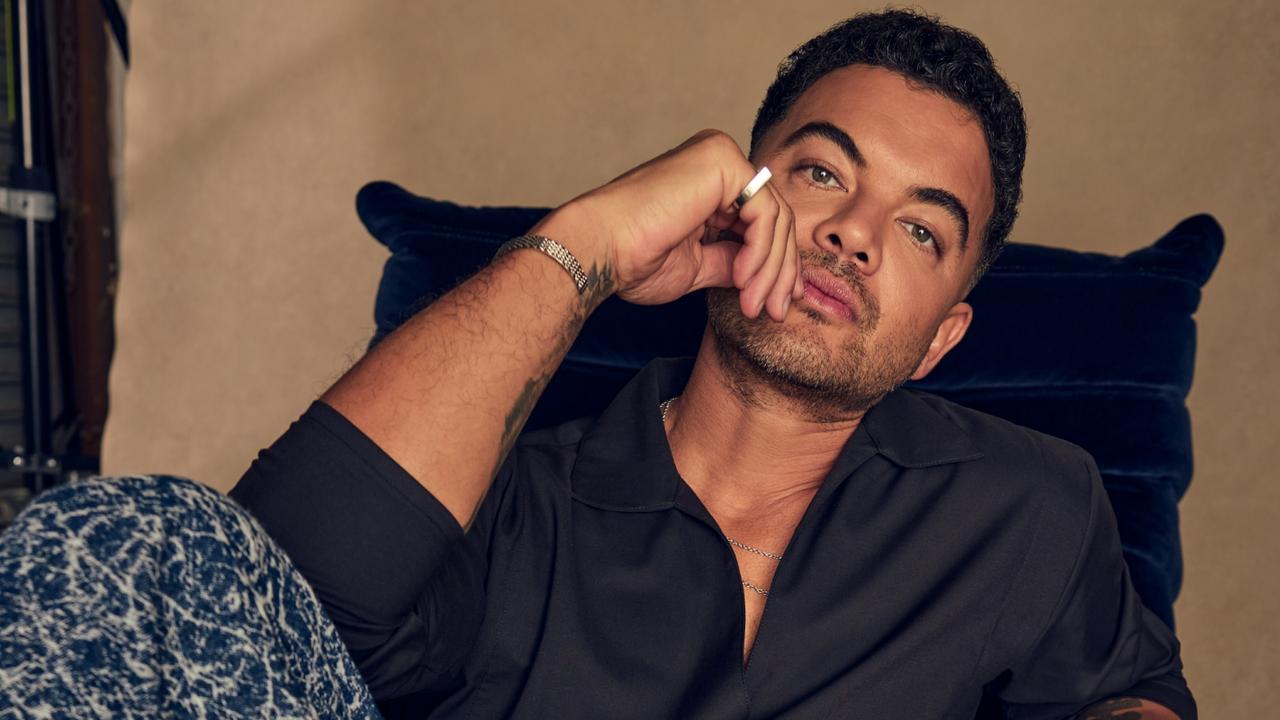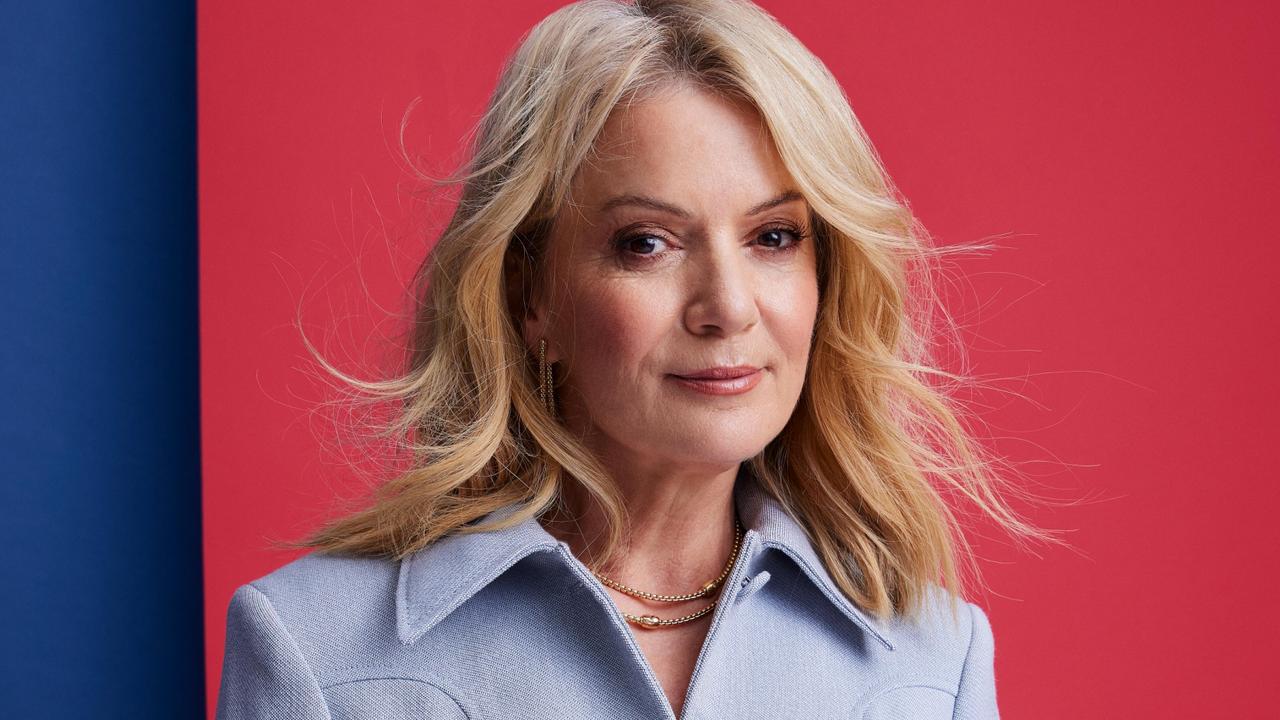TV host Karla Grant on why we need to tell more Aboriginal stories
Presenter and journalist Karla Grant - whose childhood was scarred by racism and a lot of self-doubt - is more determined than ever to improve the plight of Aboriginal people across Australia.
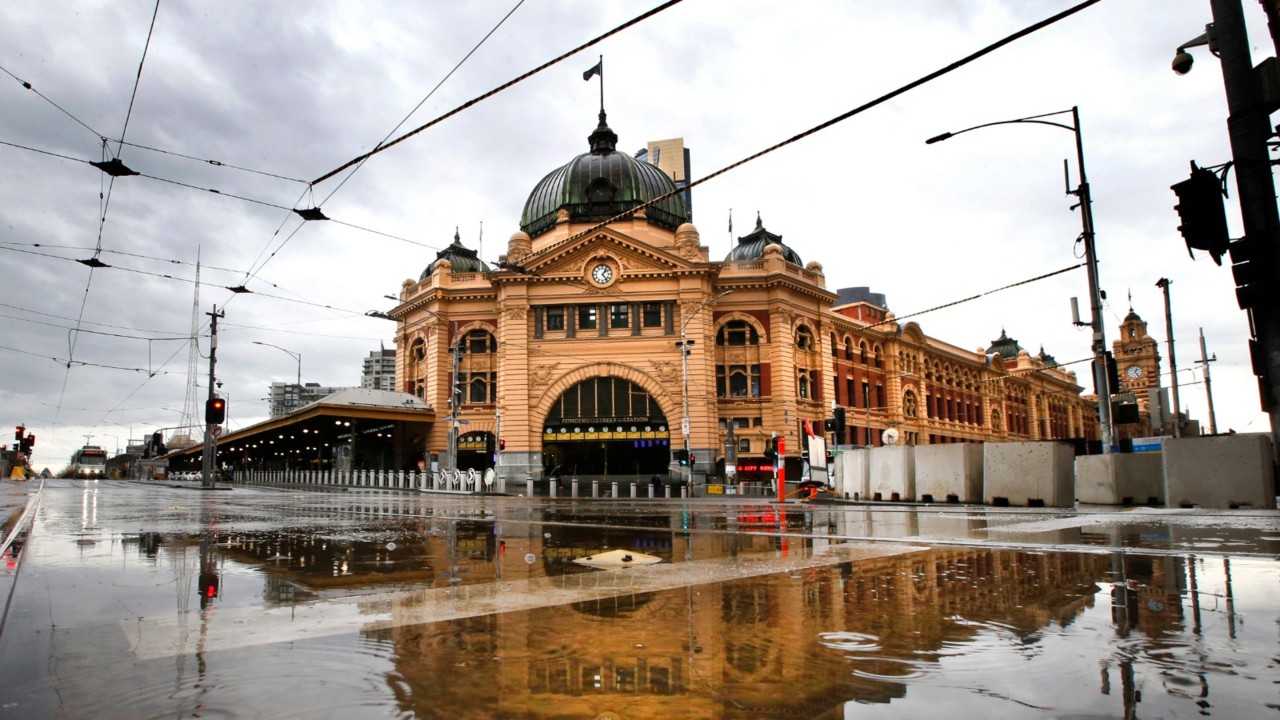
Stellar
Don't miss out on the headlines from Stellar. Followed categories will be added to My News.
Today, Karla Grant’s name is synonymous with Indigenous issues. An award-winning journalist, television veteran and proud Arrernte woman, Grant has used her more than three decades in the media to champion Indigenous rights and give a voice to the voiceless.
And with good reason, too – Grant explains to Stellar that it was a challenging childhood dominated by racism that ultimately prompted her career-long crusade.
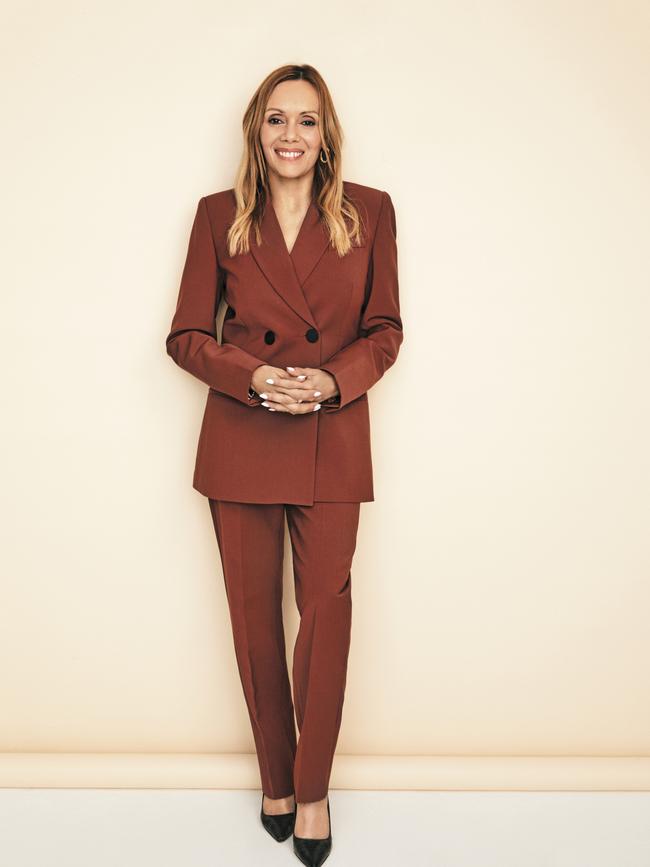
“It was pretty tough growing up in Adelaide,” she reveals. “I was one of the only Aboriginal kids at my school. I got teased quite a bit; called lots of unkind names. It was just so demeaning. I loved doing my work, but hated going to school because of the kids. I remember sitting at the back of the classroom hoping that no-one saw or took any notice of me.”
Her parents separated when she was three, so Grant – born to an Aboriginal mother and Dutch father – grew up surrounded by her mother’s family. While her home life was very happy, with a loving and close-knit family, her childhood was also marked by racial inequality and discrimination. “I saw a lot of injustice growing up,” she says.
“My uncles were picked up regularly by police, just walking along the street, because they were black. From that time on, that’s when I really wanted to become a journalist. I wanted to try to make a change.”
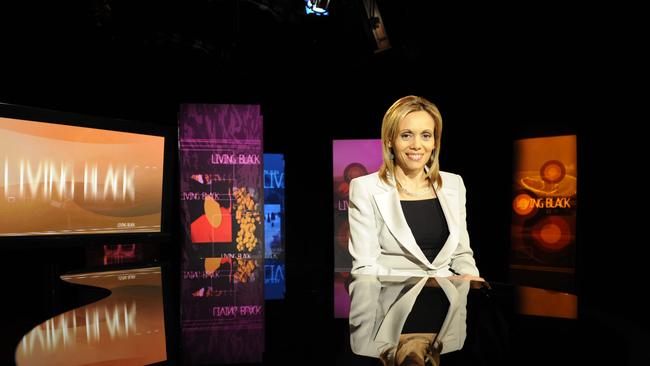
That realisation lit a spark, which in turn ignited a flame. Determined to make a difference and ready to begin the next chapter of her life, Grant finished school at 17 and hopped on a Greyhound bus to Canberra to live with her aunty (“my second mum”). Today, she looks back on those years as “life-changing”.
“I was more confident being me, and in my Aboriginality. It became so that I was proud of who I was, and my culture and identity… it all became stronger.” Studying communications at what’s now the University of Canberra, Grant found herself surrounded by like-minded people who inspired her – like Bob and Hazel Hawke, who she met in 1983 after winning Miss NAIDOC.
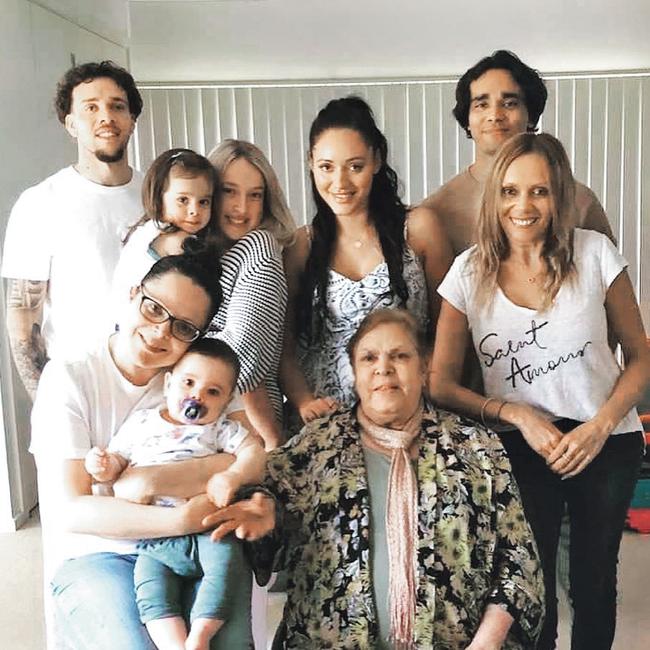
“I would never have dreamed as that young Aboriginal girl going to public school in Adelaide, who was teased and made to feel so small, so insignificant, that I would end up there,” she says, smiling.
“And it made me want to keep going with that idea I’d had in my mind as a teenager – to be a journalist and report on Indigenous affairs.”
Her drive and insatiable work ethic paid off, and before long the dream was a reality. In 1995, Grant joined SBS, honing her skills as a producer, director, reporter and presenter on the network’s first Indigenous current-affairs program, ICAM.
By 2003, she had developed the series Living Black, doing precisely what she’d aspired to all those years prior – “shining a light on Indigenous stories, [because] you often don’t see [them] in mainstream media. They need to be uncovered, and people need to take notice of them.”
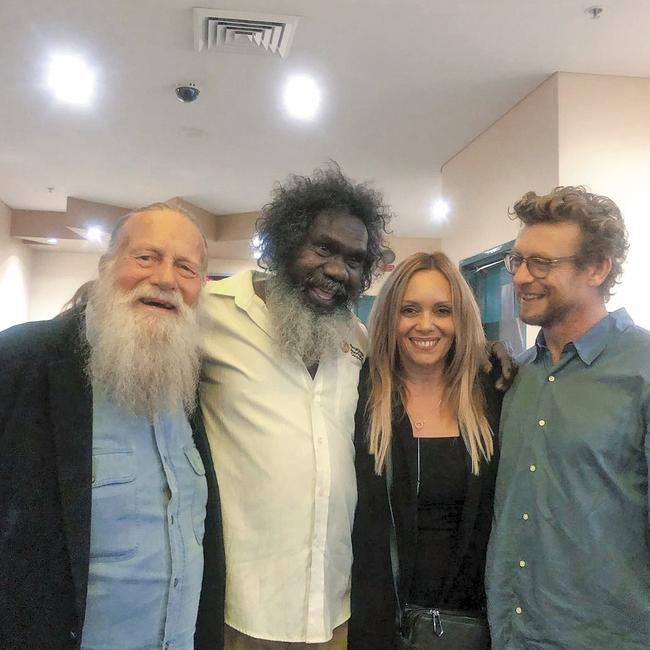
Her career was flourishing, but behind the scenes Grant was suffering her own private struggles – including a very public divorce from her husband of 16 years, news presenter Stan Grant (with whom she shares three adult children, Lowanna, John and Dylan), after he’d begun a new relationship with a co-worker in 2000.
Irrespective of what was happening behind the scenes, her commitment to her cause remained unshakable.
Now, 18 years on, and counting among her interviewees the Dalai Lama, AFL legend Adam Goodes and former prime minister Kevin Rudd (for which she won a First Nations Media Award), Grant tells Stellar, “I’m blessed to be doing what I do. Things have certainly improved, but we only have to look at the statistics, where you see that we’re the most incarcerated people on the planet, or at deaths in custody, or at our life expectancy being below the rest of the population.
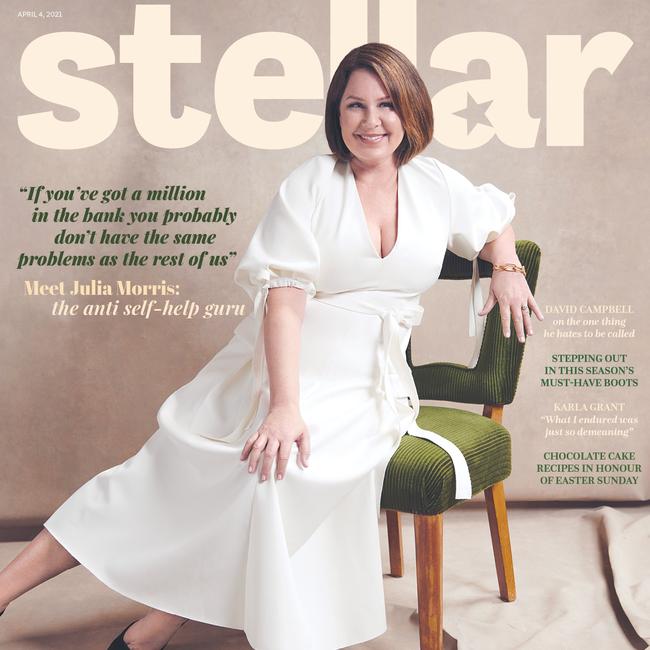
“We still have children being taken away from their families; we still have to look at closing the gap in terms of education, employment and health. There are communities out there that don’t have running water, that live in Third World conditions.
“I’ve seen it for myself in my travels around Australia. So while we’ve come some way to improving the plight of Aboriginal people in this country, we still have a long way to go.”
Reflecting on the stories that she’s unearthed and the people at their heart, Grant says she can only wish she could go back and offer her younger self an encouraging pep talk.
“I didn’t believe in myself,” she says. “And if you back yourself and believe in yourself, you can do anything. That’s what I’ve proven to myself. I don’t prove it to anyone else – it’s for me.”
The new season of Living Black begins April 12 on SBS/NITV.
More Coverage
Originally published as TV host Karla Grant on why we need to tell more Aboriginal stories



